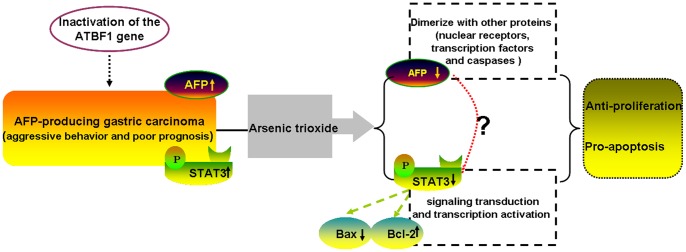Figure 7. Schematic illustration of As2O3-induced growth inhibition and apoptosis of FU97 cells.

Inactivation of the ATBF1 gene in AFPGC, through mutation or reduced expression, may allow AFPGC cells to produce AFP protein and overexpress STAT3, which contributes to aggressive behavior and poor prognosis of AFPGC. As2O3 can inhibit AFPGC cell growth and induce cell apoptosis. The underlying mechanisms may involve downregulation of AFP and STAT3 expression and STAT3 downregulating the expression of anti-apoptotic Bcl-2 and upregulating that of the tumor suppressor Bax. Furthermore, AFP can dimerize with other proteins such as nuclear receptors, transcription factors and caspases, all of which can promote growth of tumor cells. AFP may dimerize with the transcription factor STAT3 to promote AFPGC growth. Therefore, AFP may interact with STAT3 in the signal pathway for chemotherapeutic efficiency of agents on AFPGC.
